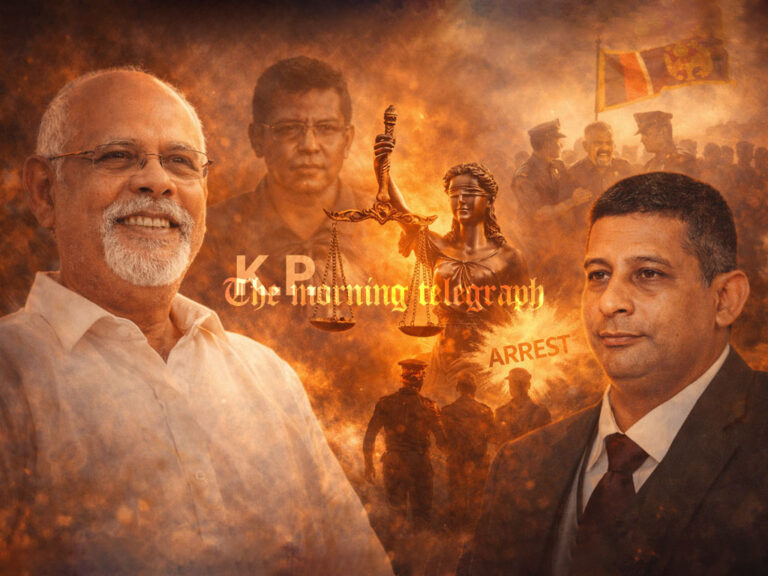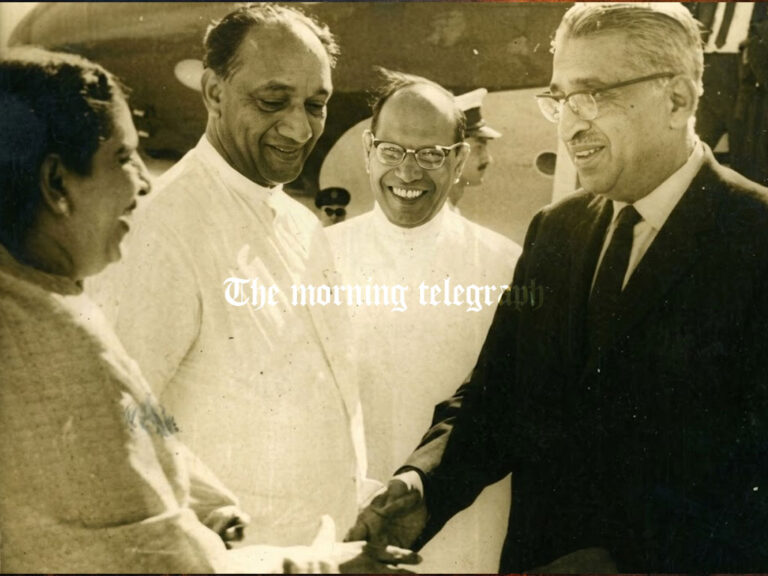
India’s political landscape is once again in uproar as Sonia Gandhi and Rahul Gandhi, the iconic leaders of the opposition Congress Party, face money laundering charges brought forward by the country’s Financial Crimes Agency.
The accusations stem from an investigation into the now-defunct National Herald newspaper and its parent company, Associated Journals Limited (AJL). Indian authorities allege that the Gandhis orchestrated the creation of a “shell company” to acquire AJL’s assets—estimated to be worth over Rs 20 billion—through illicit financial channels.
The developments were disclosed during a briefing by the Enforcement Directorate (ED) to a Delhi court on Tuesday, marking a significant step in a case that has simmered since 2021. The investigation was launched following a complaint by Subramanian Swamy, a senior member of the ruling Bharatiya Janata Party (BJP).
Swamy claims that the Congress Party misused internal funds to finance the acquisition of AJL, effectively enabling the Gandhis to take control of valuable real estate and media assets under the guise of reviving a national institution.
While neither Sonia nor Rahul Gandhi have responded directly to the charges, the Congress Party has come out in full force, staging protests across the country. Party spokesperson Jairam Ramesh denounced the move as “a political act of revenge and intimidation,” accusing the ruling government of weaponizing state institutions to weaken opposition voices ahead of upcoming elections.
The case has also implicated Sam Pitroda, Congress’ overseas affairs head and a long-time confidante of the Gandhis, deepening the political and legal crisis for India’s oldest political party.
Critics of the BJP argue that the timing of the ED’s court briefing is politically motivated and part of a wider trend of selective targeting of opposition leaders through legal mechanisms. Meanwhile, the government maintains that the investigation is lawful and necessary to uphold accountability.
As the court proceedings continue and the Congress Party rallies support on the streets, the case is likely to add more volatility to India’s already charged pre-election atmosphere—where law, legacy, and political survival now collide in full public view.




